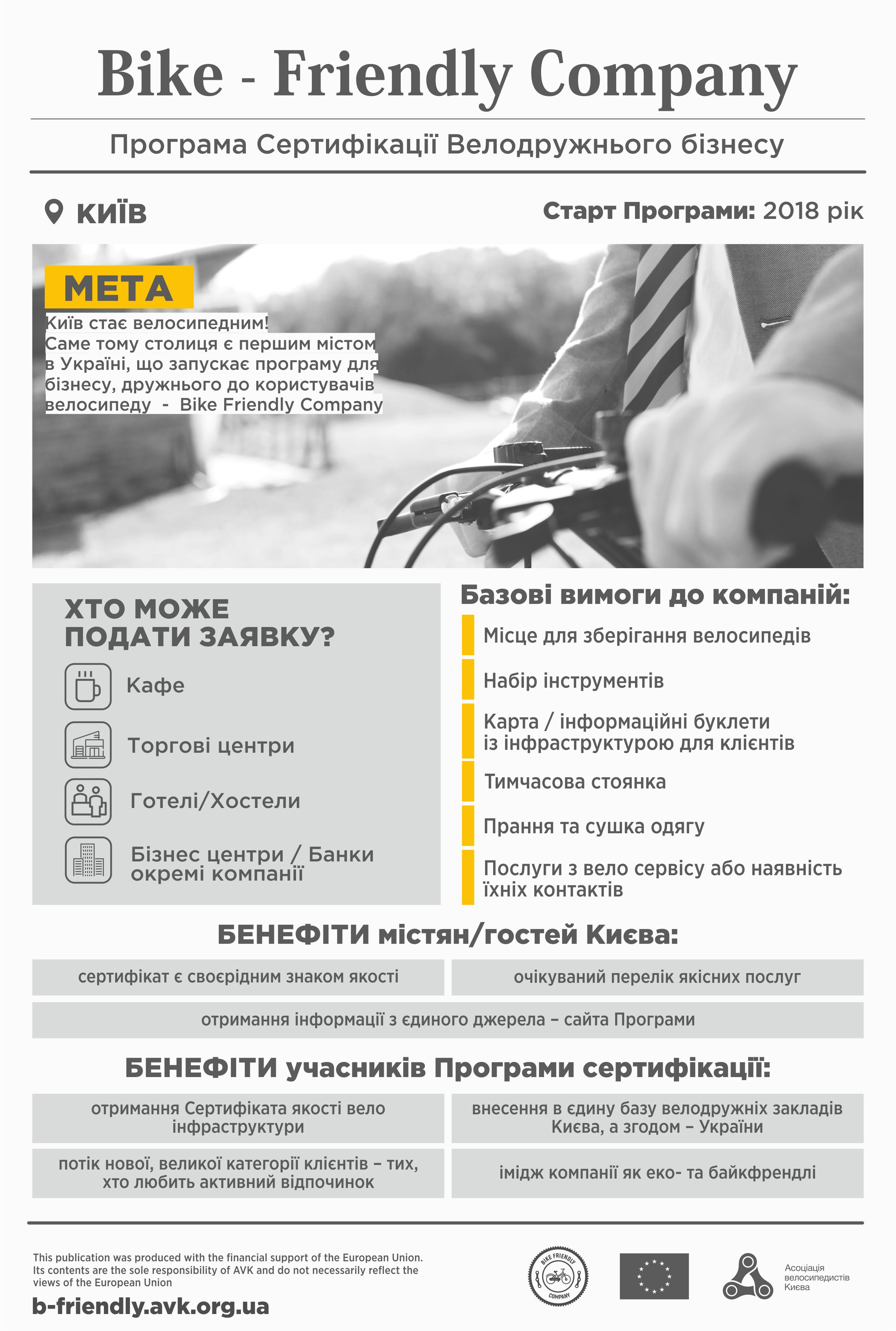The project aimed to foster citizens’ engagement in the rural United Territorial Communities (Hromadas) and promote transparent land management in Ukraine. To achieve the above objectives, Oleksandra applied high-quality and user-center IT solutions & GIS technologies to the research and visibility campaigns. First and foremost, she created the opinion polls for Hromadas and researched the problems of AHs, data mining to explore the land management practices on the local level. Then, she mobilized the field experts and organized the online ideation to exchange expertise with the rural community. Finally, to increase the land management transparency, Olaksanda disseminated the results of the research and online webinars/ideathon with the local people and the decision-makers.
The action raised awareness of the local authorities and civil activists from more than 150 rural areas of Ukraine. Also, the project delivered a research document and opinion poll summary to enhance citizens’ access to information about the effective management of land resources. Within the frame of the fellowship, Oleksandra created a Facebook network of the Project Ambassadors unifying the community representatives and experts in one group. To disseminate the project deliverables and reach a larger audience, she developed an online course comprising 8 educational webinars and engaging more than 900 participants. On top of that, the project created a map of good practices for better engagement and facilitated the dialogue between the local community and the authorities via sharing the recommendations based on the results of the online ideathon, research & opinion poll summary, webinars and joint action plan.
Project website: Transparent Lands with the Map of good practices for the better engagement and educational video lectures.
Research Paper (in Ukrainian):
Project in media:
Залучення громадян для управління земельними ресурсами у громадах – результати дослідження


